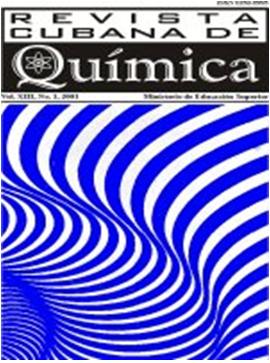State of the art and perspectives of pesticides degradation by advanced oxidation processes
Abstract
Pesticide pollution of surface water and groundwater has been recognized as a major problem in many countries because of the persistence of pollutants in aquatic environments and the consequent potential adverse health effects. Advanced oxidation processes (AOPs) constitute important, promising and efficient methods developed to remove persistent organic pollutants (POPs) from waters and wastewaters. This review presents a description of recent literature (period 2010-2016) concerning the main types of AOPs, based on photochemical, sonochemical, and electrochemical reactions, and its combination with different chemical oxidants. The degree of pesticide degradation, reaction kinetics, identity and characteristics of degradation by-products and intermediates, and possible degradation pathways are covered and discussed. The trends and perspectives of these studies were also analyzed.
Keywords: pesticides, advanced oxidation processes, hydroxyl radical, degradation, water treatment.
Downloads
Published
How to Cite
Issue
Section
License
This journal provides immediate open access to its content, based on the principle that offering the public free access to research helps a greater global exchange of knowledge. Each author is responsible for the content of each of their articles.























